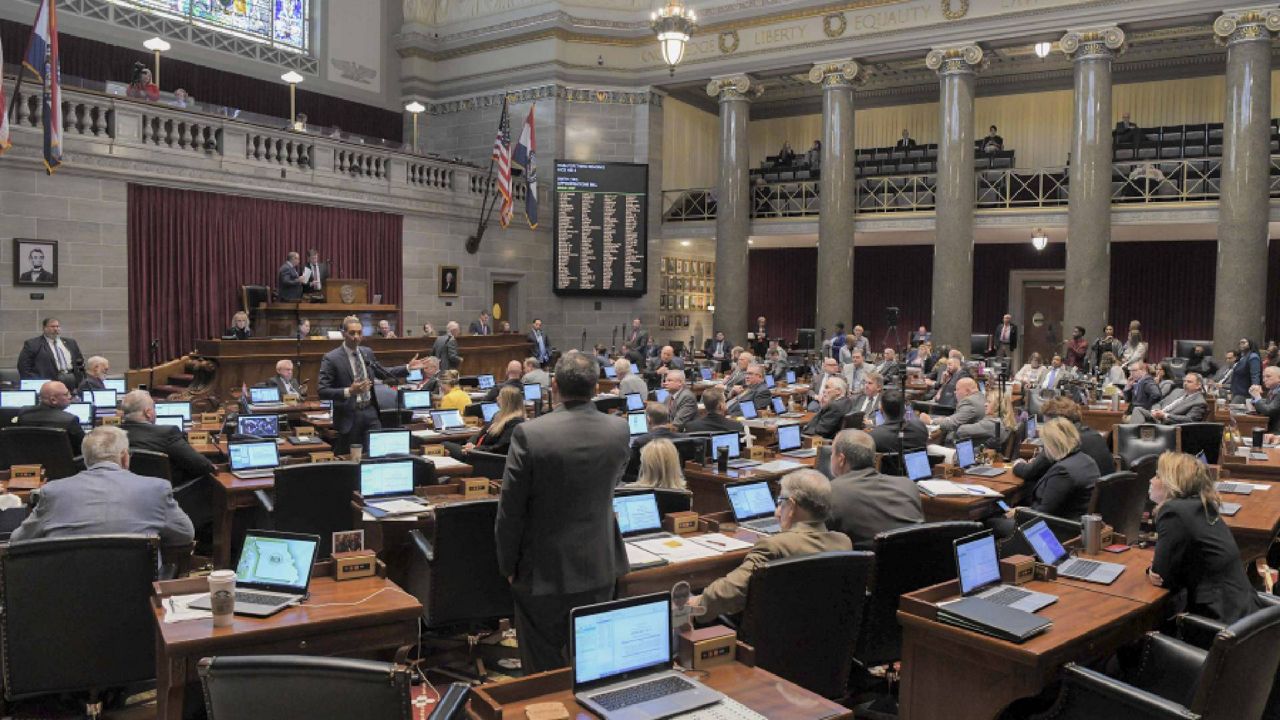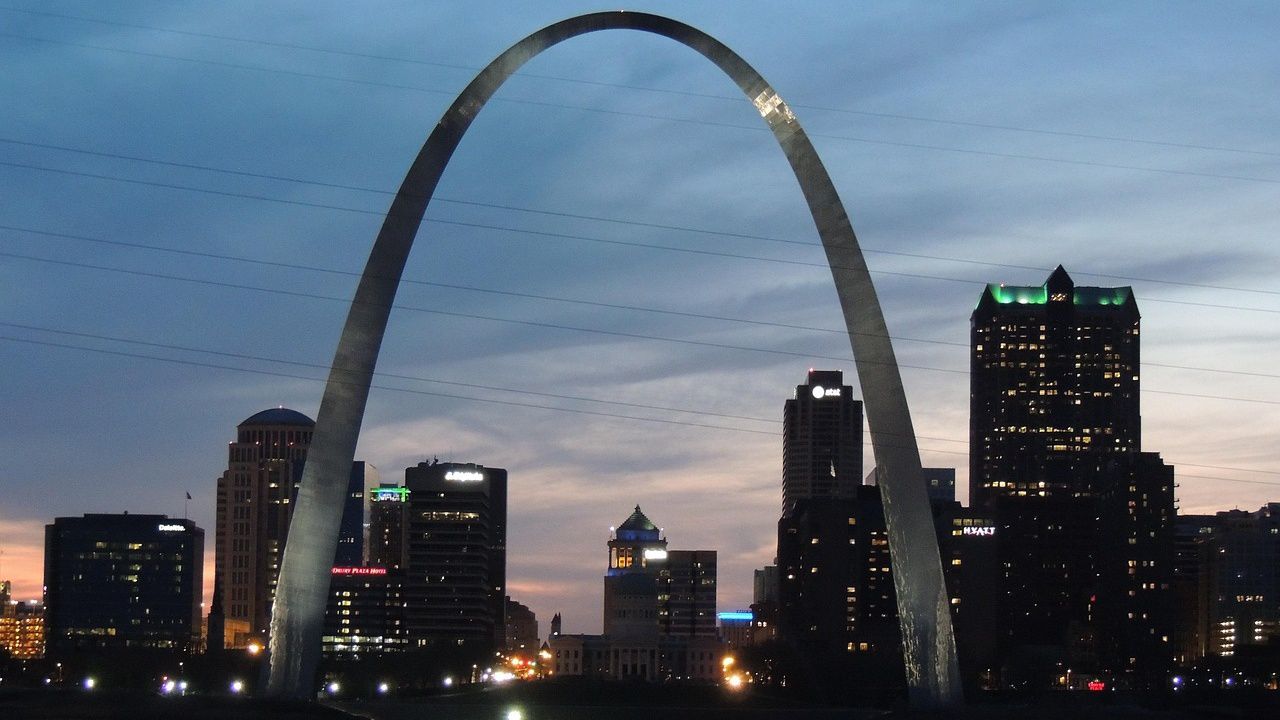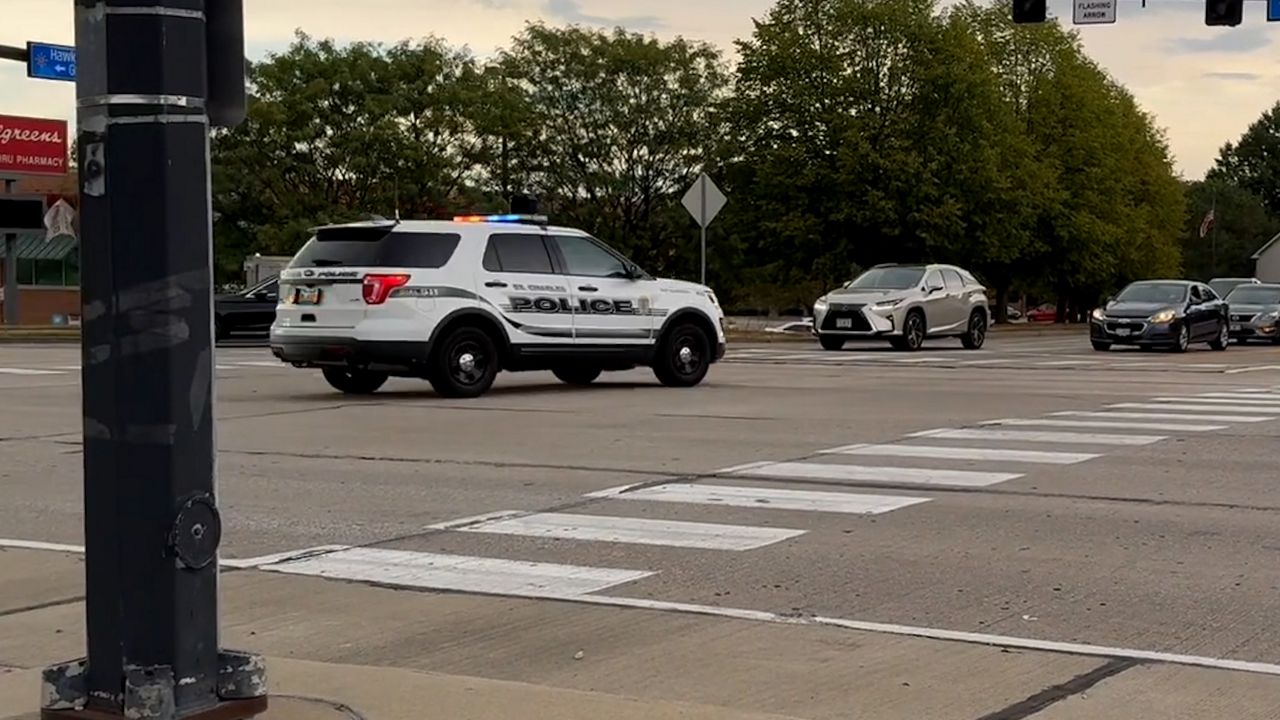ST. LOUIS- Missouri lawmakers finished work on a state budget last week that will spend $2.8 billion to make Interstate 70 a six-lane highway between greater Kansas City and greater St. Louis.
It will help improve traffic flow and ease congestion, which is a point of irony as lawmakers return Monday for the last five days of the regular session. There are plenty of bills in the GOP-controlled chambers heading in the same direction, still trying to reach a destination after the past four months have yielded few opportunities to merge into one lane to make it home.
Here’s a look at where key policy areas remain:
Public Safety
A Democratic filibuster in the Senate last week put a wrench in a House bill that would allow the Governor to appoint a special prosecutor for violent crime in St. Louis and put the city’s police department back under a state-appointed commission.
St. Louis Circuit Attorney Kim Gardner’s resignation Thursday may have killed it, much to the dismay of House GOP leadership and the rank and file in the Senate, who have also criticized colleagues being lobbied on behalf of St. Louis philanthropist Rex Sinquefield, who opposes state control of the police department.
House Speaker Dean Plocher R-Des Peres told reporters Friday he’s still asking for House Bill 301 to be pushed “as hard as ever to come across the line” in the Senate. The version that passed the House did not include the SLMPD state control provision, which was added as a Senate substitute.
The Missouri Independent reports that Senate President Caleb Rowden R-Columbia said he still thought the body would have “a conversation about public safety.”
Initiative Petitions
The House has already passed legislation that would require a 60% threshold for voter-approved statewide ballot questions. The Senate passed its own version that would require a 57% threshold or any majority statewide and in five of the state’s eight congressional districts.
Republicans who have seen voters in a reliably red state approve Medicaid expansion and recreational marijuana in recent years, are likely wary of the potential for ballot measures targeting the state’s strict anti-abortion law for a statewide vote in 2024.
Transgender issues
It’s been more than a week since Governor Parson put lawmakers on notice, warning of a special session unless they pass bans on transgender medical interventions for minors and a ban on transgender athletes.
Each chamber has passed separate bills on the issues, with key differences. A Senate bill awaiting House action would only ban hormone treatments for four years and would allow children currently receiving care to continue with it.
A House bill waiting on the Senate has no grandfather clause or a sunset provision.
The competing bills on transgender athletes are similar in that they limit athletic participation to teams conforming with an athlete’s gender listed on a birth certificate, although they differ on when schools would put state funding in jeopardy for violating the law.
The competing bills haven’t been before the other chamber since the governor’s threat. Senate leadership has consistently said the bills that it had already passed were the only ones it would pass. After weeks of staring, who blinks?
Education
Republicans in the House passed a bill that would create an open enrollment system for K-12 education in Missouri. House Bill 253 was voted out of the Senate Education and Workforce Development Committee last month and awaits action on the floor.
Republicans in the Senate passed a bill that would govern the discussion of certain concepts and beliefs in public schools.
“No school or school employee shall compel teachers to teach, or a student or teacher to personally adopt, adhere to, or profess a position or viewpoint a reasonable person would conclude violates certain public policy expressed in the act including but not limited to: that individuals of any race, ethnicity, color, or national origin are inherently superior or inferior and that individuals, by virtue of their race, ethnicity, color, or national origin, bear collective guilt and are inherently responsible for actions committed in the past by others,” according to SB 4’s summary.
Despite criticism from the ACLU, NEA and other groups, the bill is not intended to keep teachers “from discussing current events in a historical context or courses including, but not limited to, African American history, Native American history, women's history, Asian American History and Hispanic history.”
The bill also requires districts to adopt a written policy on challenging age-appropriate education material, including books, events, materials or displays.
The bill awaits action on the House floor.
Farmland ownership
Both chambers produced legislation designed to further limit or eliminate foreign ownership of Missouri farmland, an issue that took on a higher profile when a Chinese spy balloon traversed the state earlier this year. A conference committee hashed out differences, but it’s unclear when it will hit the floor on either side.
Detours
It’s worth remembering that the state budget, which included that highway funding, passed the House with only about an hour to spare ahead of a constitutional deadline. The final hours were compressed because of a Senate filibuster Thursday over a bill related to a Kansas City landfill project.
It’s a reminder of how easily legislation can run into congestion, detours, and for the vast majority of bills, a dead end as the session comes to a close.









